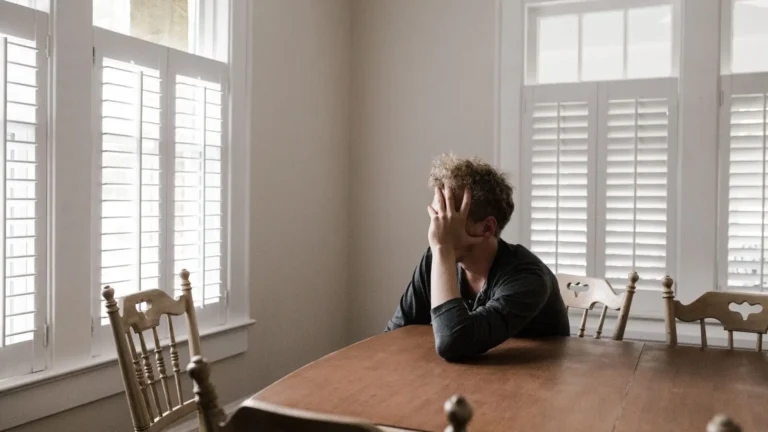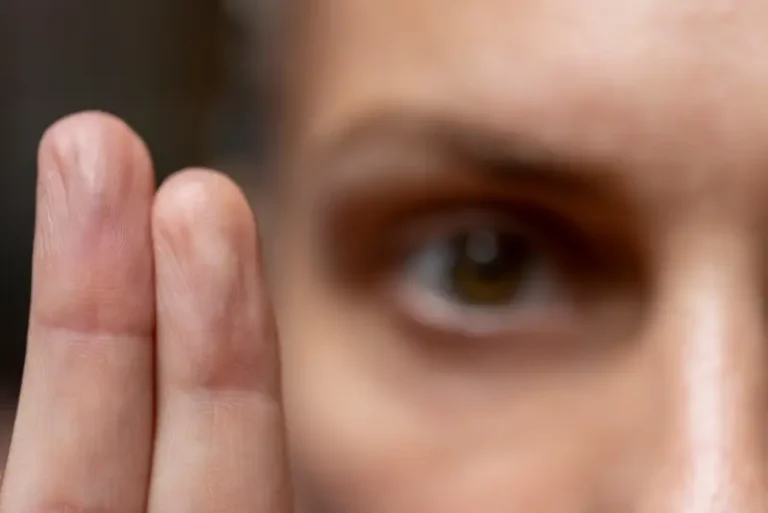Understanding Bipolar Disorder: Diagnosis, Treatments, and Therapy Modalities
Bipolar disorder, previously known as manic-depressive illness, is a complex mental health condition characterized by extreme mood swings that include emotional highs (mania or hypomania) and lows (depression). These mood shifts can affect energy levels, concentration, and behavior. This article addresses the diagnosis and treatment of Bipolar Disorder.
Diagnosis of Bipolar Disorder
Diagnosing bipolar disorder involves a thorough evaluation by a mental health professional, which usually comprises a physical examination, a detailed personal and family history, and a psychological evaluation. The Diagnostic and Statistical Manual of Mental Disorders (DSM-5), published by the American Psychiatric Association, provides criteria for diagnosing bipolar disorder.
The diagnosis process can be challenging due to the broad range of symptoms and potential overlap with other mental health disorders. For instance, when individuals present with depressive symptoms, they may initially be diagnosed with major depressive disorder. The emergence of a manic or hypomanic episode later would then suggest a reevaluation and possible diagnosis of bipolar disorder.
Bipolar disorder is usually divided into subtypes, including Bipolar I, Bipolar II, and cyclothymic disorder. Bipolar I involves at least one manic episode, with or without depressive episodes. Bipolar II is characterized by at least one hypomanic episode (less severe than a manic episode) and one depressive episode. Cyclothymic disorder involves periods of hypomania and periods of depressive symptoms, although not severe enough to meet the criteria for full-blown depressive episodes.
Treatment for Bipolar Disorder
The complexity of bipolar disorder necessitates a comprehensive and individualized treatment plan, usually involving a combination of medication, psychotherapy, and lifestyle modifications.
Medication
Medication may be necessary but we usually try our best to treat bipolar with psychotherapy first, or in conjunction with medication. There are several types of medication options. McNulty Counseling and Wellness will help you guide the process of the most effective and efficient treatment plan. Below are a few examples of medications that treat Bipolar Disorder:
- Mood Stabilizers – Drugs such as lithium (Lithobid), valproic acid (Depakene), divalproex sodium (Depakote), carbamazepine (Tegretol, Equetro, others) and lamotrigine (Lamictal) are used to control manic or hypomanic episodes.
- Antipsychotics – These medications can be helpful if symptoms of mania or hypomania persist despite the use of mood stabilizers. Some examples of antipsychotics include olanzapine (Zyprexa), risperidone (Risperdal), quetiapine (Seroquel), aripiprazole (Abilify), ziprasidone (Geodon), lurasidone (Latuda) or asenapine (Saphris).
- Antidepressants – Antidepressants are used to manage depressive episodes. However, their use must be carefully managed as they can sometimes trigger a manic episode.
- Antidepressant-Antipsychotic – A medication that works as an antidepressant and antipsychotic is sometimes used.
- Anti-anxiety Medications – Benzodiazepines may be used for short-term relief of acute symptoms, such as severe anxiety.
Psychotherapy
Psychotherapy, also known as talk therapy, can be an effective treatment for bipolar disorder. It can support, educate, and guide people with bipolar disorder and their families. Some types of therapy used include:
- Cognitive Behavioral Therapy (CBT) – This type of therapy helps individuals identify unhealthy, negative beliefs and behaviors and replace them with healthy, positive ones. It can also help identify triggers for mood swings and teach effective strategies to manage stress and cope with life’s challenges.
- Interpersonal and Social Rhythm Therapy (IPSRT) – IPSRT focuses on stabilizing daily rhythms, such as sleeping, eating, and exercise patterns. Regular daily routines and sleep schedules may help protect against manic episodes.
- Family-Focused Therapy – This type of therapy involves family members. It helps enhance family coping strategies, such as recognizing new episodes early and helping their loved one.
- Psychoeducation – Learning about bipolar disorder (psychoeducation) can help individuals and families understand and better manage the illness.
Lifestyle Modifications
Lifestyle and self-care strategies are essential parts of managing bipolar disorder. Regular physical activity, adequate sleep, a healthy diet, and avoiding alcohol, caffeine, and illicit substances can all help manage symptoms.
Furthermore, joining a support group can provide a safe space for individuals with bipolar disorder to express feelings and share experiences with others in a similar situation. DBS Tampa Bay (https://dbstampabay.org/) is an all-volunteer-run non-profit organization that supports people diagnosed with depressive disorder, bipolar disorder, and other mood disorders. The group has multiple meeting times in Sarasota, Brandon, St. Petersburg, Tampa, and Clearwater.
In conclusion, bipolar disorder is a complex condition that requires a multifaceted approach to care. With a combination of medication, therapy, and lifestyle adjustments, many individuals with bipolar disorder can lead fulfilling and productive lives. It’s essential to seek help if you or a loved one is experiencing symptoms of bipolar disorder, as early diagnosis and treatment can significantly improve quality of life. McNulty Counseling is here to help with our team of mental health therapists and medical clinicians. Please call today if you or a loved one needs treatment for bipolar disorder.
[







